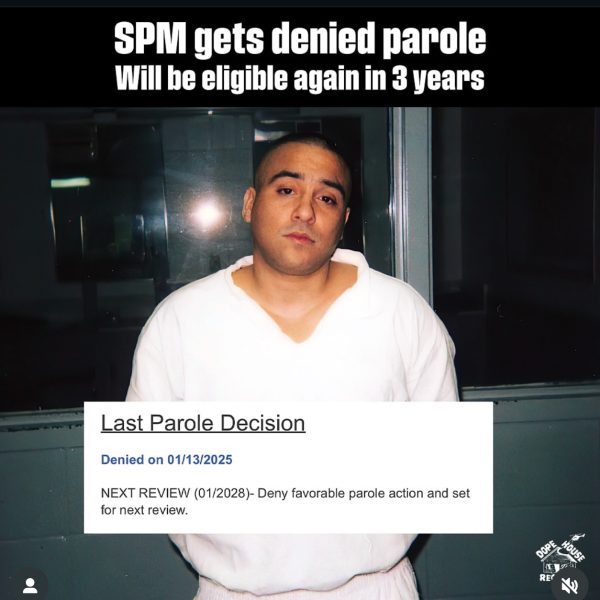The Mischaracterization of Latinos: A Critical Look at Donald Trump’s Remarks
In recent years, the rhetoric surrounding immigration in the United States has become increasingly charged and controversial, particularly during the 2016 presidential campaign and subsequent terms of Donald Trump. One of the most damaging aspects of Trump’s discourse has been his tendency to label Latinos as “criminals” and “illegals.” Such assertions not only lack substantive evidence but also perpetuate harmful stereotypes that have far-reaching implications for Latino communities across the nation.
The Reality of Crime and Immigration
First and foremost, the claim that Latino immigrants are more prone to crime is misleading and unsupported by data. Numerous studies have indicated that immigrants, including those from Latino backgrounds, are less likely to commit crimes than their native-born counterparts. A comprehensive report from the Cato Institute revealed that immigrants are actually less likely to be incarcerated than U.S.-born citizens. This evidence underscores the fact that crime is not inherently linked to immigration status or ethnicity; rather, it is a complex issue influenced by socioeconomic factors, access to resources, and community support.
Perpetuating Stereotypes and Fear
By labeling Latinos in such a derogatory manner, Trump fosters an environment of fear and mistrust. This kind of rhetoric not only affects public perception but can also lead to real-life consequences, including discrimination and violence against Latino individuals. Stereotypes are not just harmful; they can also become self-fulfilling prophecies that impact policies and the way individuals are treated in society.
The portrayal of Latinos as criminals contributes to a narrative that justifies harsh immigration policies and the separation of families. It fosters a climate where discussions around comprehensive immigration reform are stifled, often resulting in the scapegoating of entire communities for societal issues beyond their control.
The Impact on Communities
The damage caused by these generalizations goes beyond rhetoric. It can lead to significant social and economic consequences for Latino communities. Fear of deportation or police involvement can deter individuals from seeking help, whether that be in terms of health services or reporting crimes. This hesitance can further alienate communities and inhibit cooperation with law enforcement, which ultimately compromises public safety for everyone.
Moreover, the portrayal of Latinos as “illegals” ignores the reality of many individuals who have lived in the U.S. for years, contributing positively to society and seeking a better life for their families. This oversimplification fails to recognize the complexity of immigration status, backgrounds, and the rich contributions that Latino individuals make to the cultural and economic fabric of the country.
A Call for Compassion and Understanding
As discussions about immigration reform continue, it is essential to move away from misconceptions and embrace a more compassionate and informed understanding of the Latino community. Dialogue that emphasizes shared values, contributions, and the understanding that immigrants are an integral part of the nation’s fabric is necessary.
Rather than reducing entire groups of people to negative labels, we should celebrate the diversity and resilience of Latino communities. It is crucial for leaders to take a stand against rhetoric that seeks to divide and demonize, advocating instead for policies that promote inclusivity, understanding, and support for all immigrants.
Donald Trump’s labeling of Latinos as criminals and illegals does a disservice not only to the individuals affected by these statements but also to the broader conversation about immigration in America. By fostering understanding, compassion, and respect, we can work towards a society that honors the dignity of every individual, regardless of their background.



















